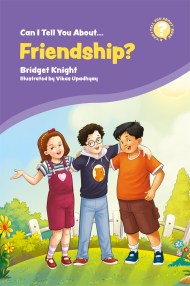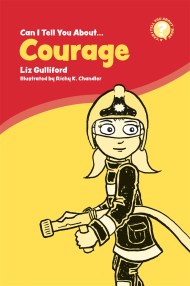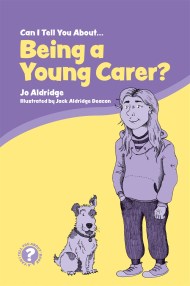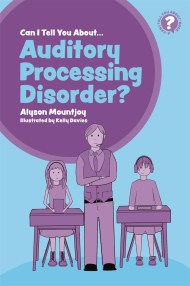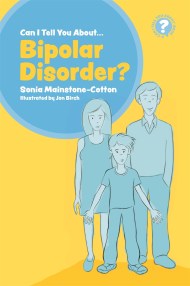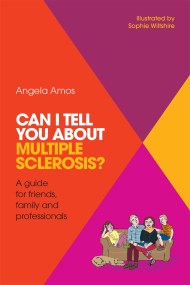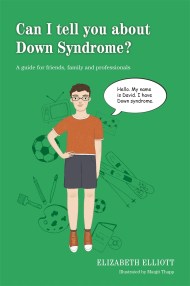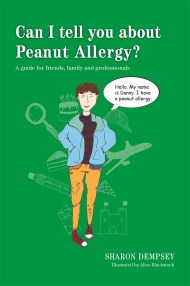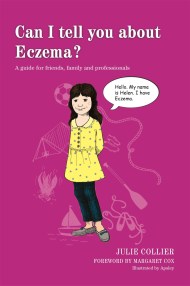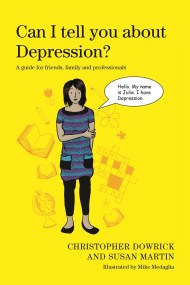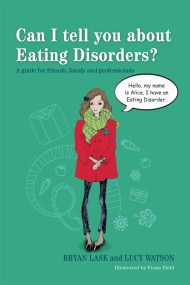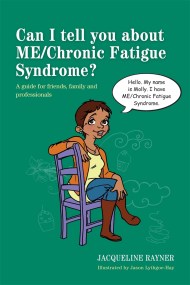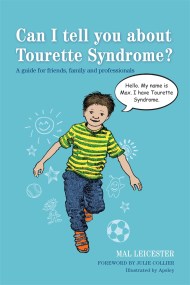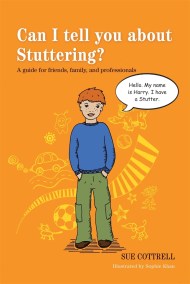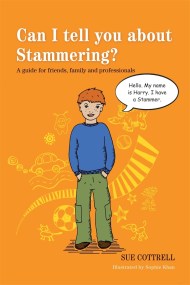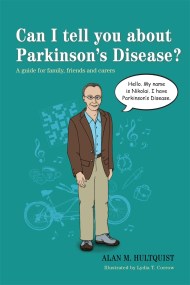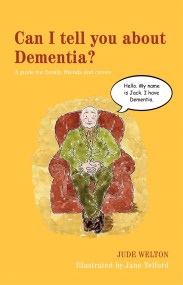We have updated our Privacy Policy Please take a moment to review it. By continuing to use this site, you agree to the terms of our updated Privacy Policy.
Can I tell you about Loneliness?
On sale
21st June 2017
Price: £9.99
Meet Jan. Jan is sometimes lonely. In this illustrated guide, he describes what loneliness feels like and how it affects him at home and school. He explains what he can do to feel less lonely, and how his teachers, family and friends can help him too.
Child loneliness is an area of growing concern. This book is an ideal way to start a conversation about loneliness with anyone aged 7-18 and to help children understand the importance of healthy solitude, as well as socialising. It also includes a useful list of recommended reading, organisations and websites for further information and support.
Child loneliness is an area of growing concern. This book is an ideal way to start a conversation about loneliness with anyone aged 7-18 and to help children understand the importance of healthy solitude, as well as socialising. It also includes a useful list of recommended reading, organisations and websites for further information and support.
Newsletter Signup
By clicking ‘Sign Up,’ I acknowledge that I have read and agree to Hachette Book Group’s Privacy Policy and Terms of Use
Reviews
Julian Stern has made an invaluable contribution to this remarkable series. The book, based on sensitive conversations with young people, identifies many situations when a young person may feel lonely - but also (most importantly) how parents, teachers and others misunderstand. Therefore, an important read not only for the young people, but also for those who care for them.
Readers interested in the social and emotional development of children and youth will find Dr. Stern's book on loneliness both informative and immensely accessible. The generously illustrated narrative provides useful suggestions and needed recommendations to effectively address the issue both in school and at home. Educators and school-based counselors will find this book especially useful.
a real winner. Lots of black and white illustrations make it easily read, and it will be good for schools as well as home. Teachers and parents will note that a sad and sometimes difficult child may be experiencing loneliness.



